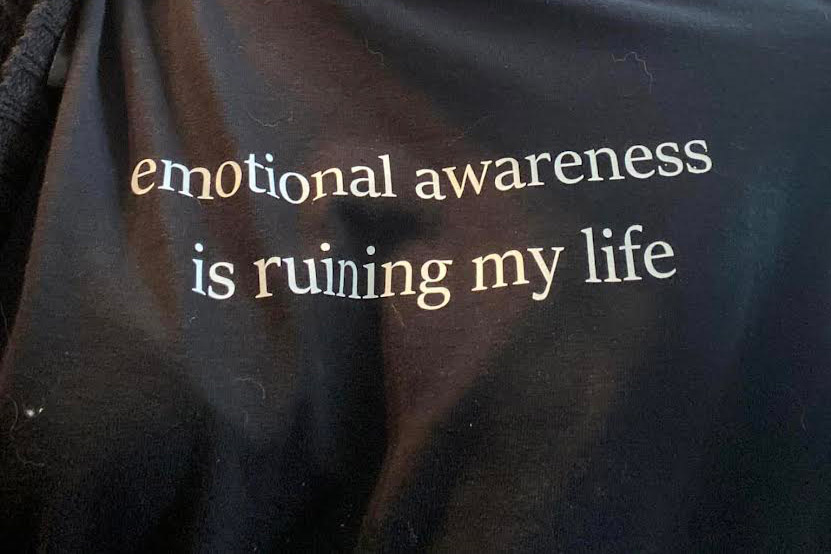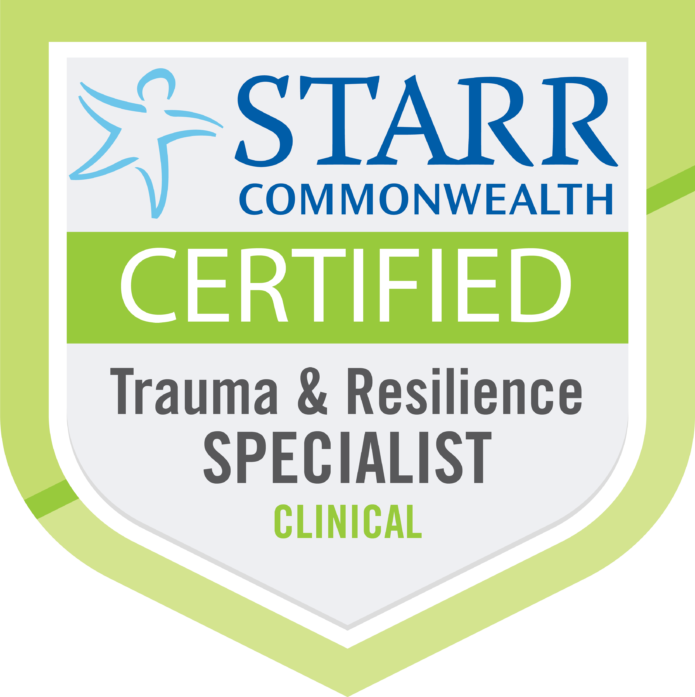
The View From Here – What Happened To You? What I Learned In Trauma Training
I was away Thursday and Friday for trauma training. A course offered by Life’s Seasons Care and Support Inc.
Life’s Seasons offers trauma-informed care. “Trauma happens when an individual experiences a distressing situation that threatens the person’s sense of safety or security.” Trauma-informed care helps people go from being stuck in the trauma to moving through it. Not pretending it didn’t happen either.
Trauma looks different for everyone. It’s not the event that gets labelled as trauma. It’s how we see it. How we experience it. And it can change how you see yourself and the world around you.
There’s a good chance you have experienced something traumatic happen to you. There’s a good chance it’s effected people you know. People you love. I’ve been told that what we experienced around the world during the pandemic was a form of trauma, and whether we realize it or not, we are still feeling the impact.
It’s what you do with the trauma that can change your life for the better. It can be hard to reach out for help. It can be hard to admit we can’t fix it or change it on our own. It can feel easier to hide it, ignore it, bury it, run away from it. But the only way to heal what has broken you – is to work through it.
What we go through in this life will have an impact on how we see ourselves and the world. Good and bad. The good news is, we don’t have to be stuck there. We can re-wire our brains and change our perspective.
I talked to a lot of people over the past couple days in this training that have all experienced some form of trauma. People are hurting all over the world and in this community.
People you might pass in the street or the grocery store just might be carrying around something really heavy. Whether it’s the loss of a loved one, an illness, abuse of any kind, poverty, food insecurity. There is a lot that people are dealing with on a daily basis. That pain, that heaviness, that exhaustion – can leave you feeling unwell.
I have been learning a lot about trauma and how it affects our bodies for a few years now because I have a story of my own. I experienced the sudden loss of half my family over 30 years ago. I thought I was handling it. I thought I was doing okay even though I had never talked to anyone about it. The truth is – I’ve been keeping busy and ignoring it and hiding from it. Until a pandemic hit, and I turned 50 and all of a sudden I realized it was heavier than I realized and I wasn’t okay and I couldn’t keep pretending to be and I needed help to understand it.
That’s the power of asking for help.
Feeling heard, seen and validated. When you share your story, you take back control and get your power back.
Nothing we experience ourselves is ever the exact same as anyone else. Even if the situation is similar – the experience will always be different.
I have learned over the years that there is comfort in sharing my story. There is comfort in connecting with others who have experienced similar situations.
With that – a great sense of relief and freedom in realizing that you don’t get over the huge hurts in life, nor should you have to or be expected to. Healing takes time. Grief is never ending.
But there is hope and there is help available. Don’t ever be ashamed to ask for help and don’t ever feel you can’t share your story. You never know how much sharing your struggles might help empower someone else.
And instead of encountering someone who might be having a bad day, or seem rude or aggressive – and thinking “what is wrong with you?” – maybe reframe the question and ask “what happened to you?”.
We will never truly know what someone is going through in this world. It’s a pretty dark place at times and can feel overwhelming.
Be kind.
It was an incredible two days learning about trauma and it’s impact on our bodies and brains. Trauma stays with us. It creates a chemical reaction. If you wonder why a sound or smell can bring up negative thoughts and feelings, think about why. Our bodies react before our brains sometimes. Trauma changes people.
Good news – you can do things to help yourself. Moving your body, eating healthier foods helps. Journaling is a powerful tool. Practicing self care.
So many things you can do.
If you have questions about trauma informed care, or want to get on the list so you know when the next learning session is – reach out to Life’s Seasons. They will point you in the right direction.
I think we’re all a little broken inside. And that’s okay.
And by the way – if you’re looking to support Life’s Seasons and the amazing work they do in our community helping so many people – you can buy one of these cool t-shirts. Different sayings and different options.


